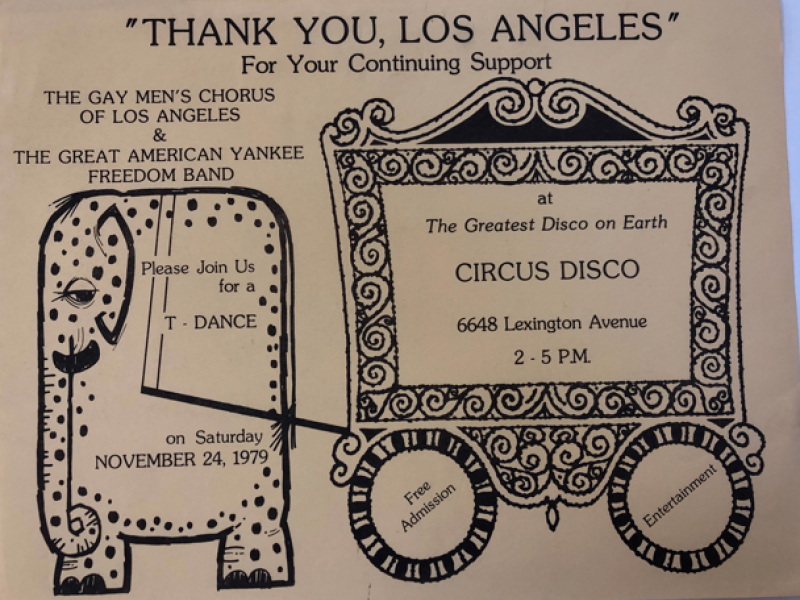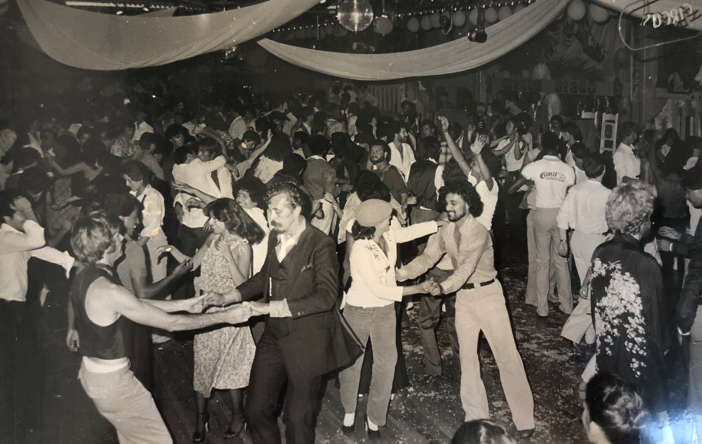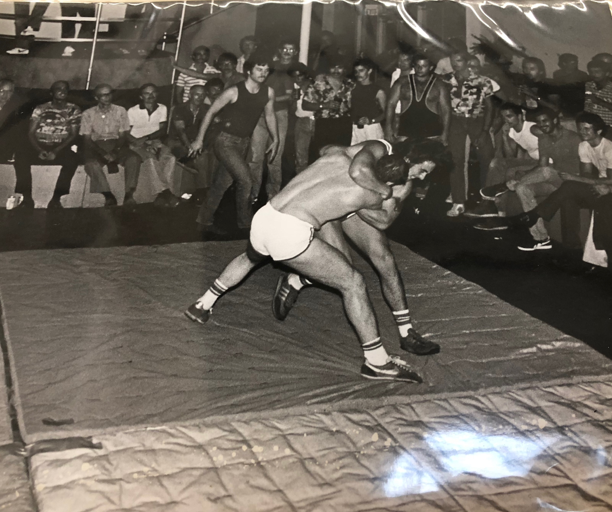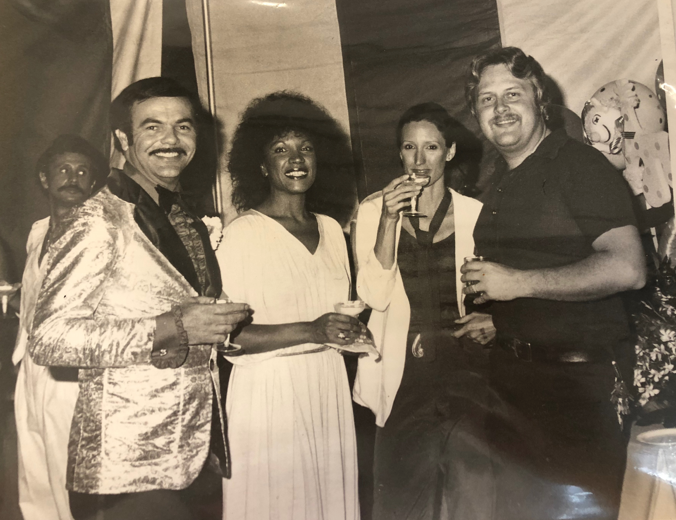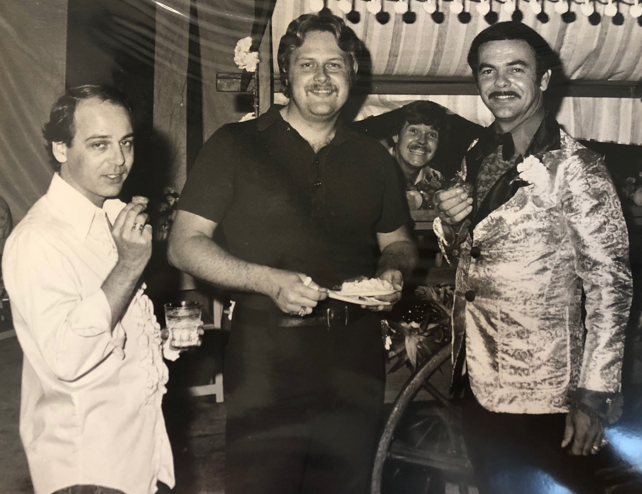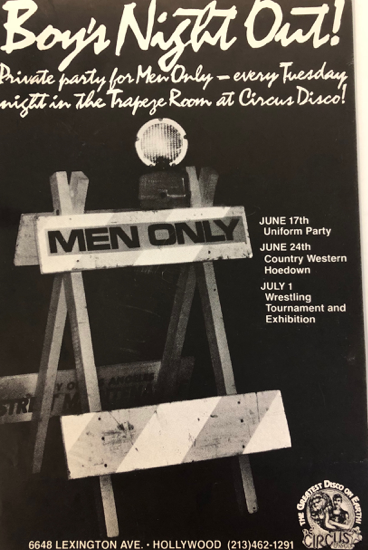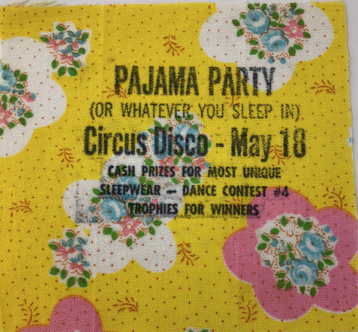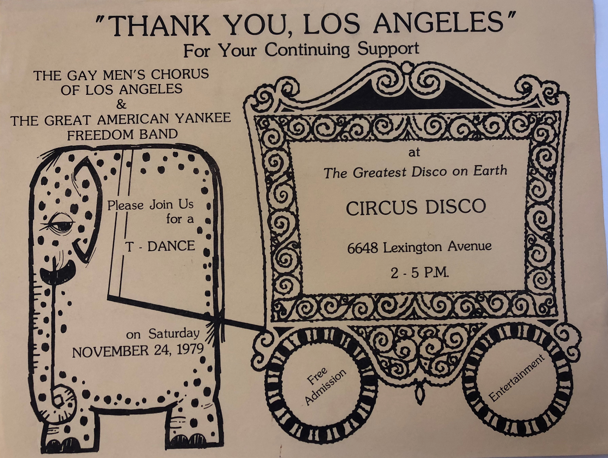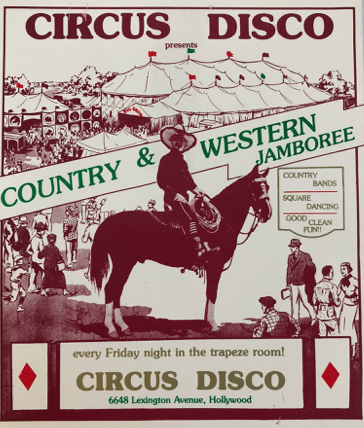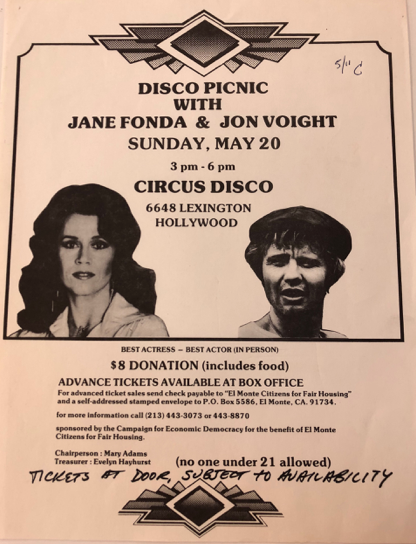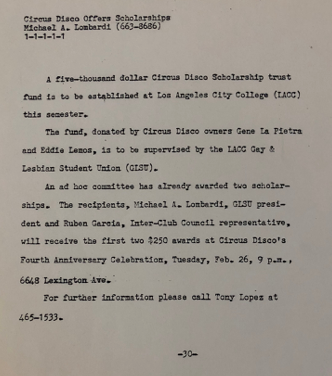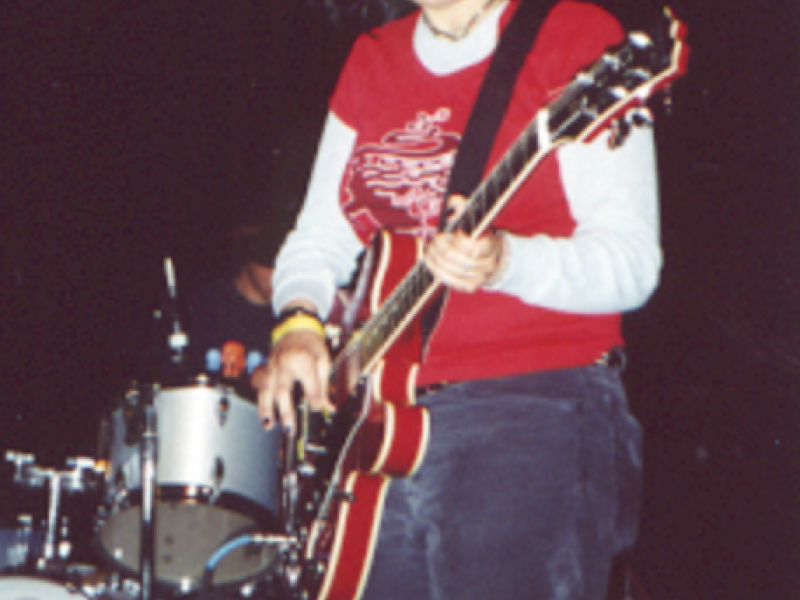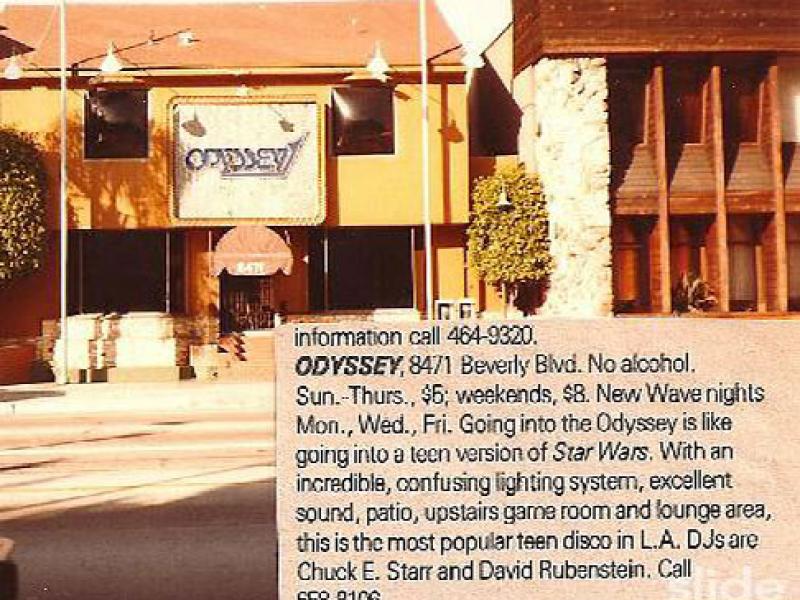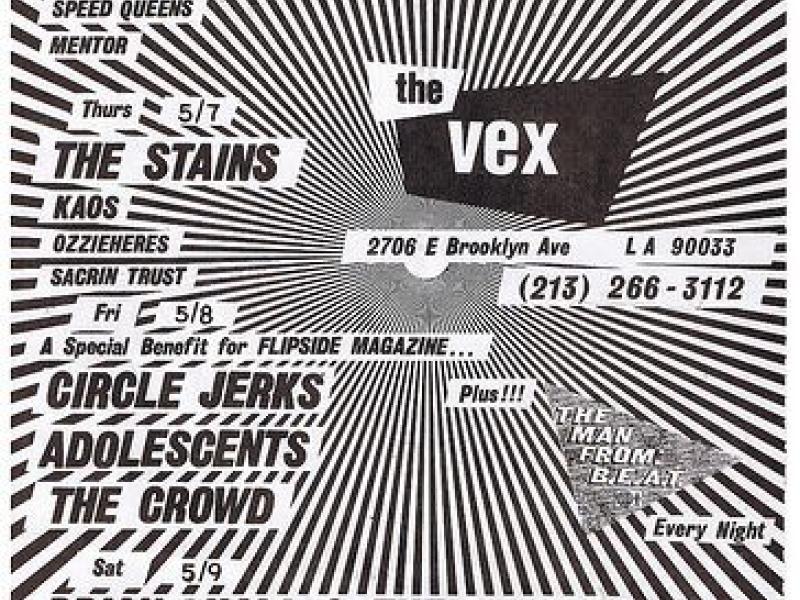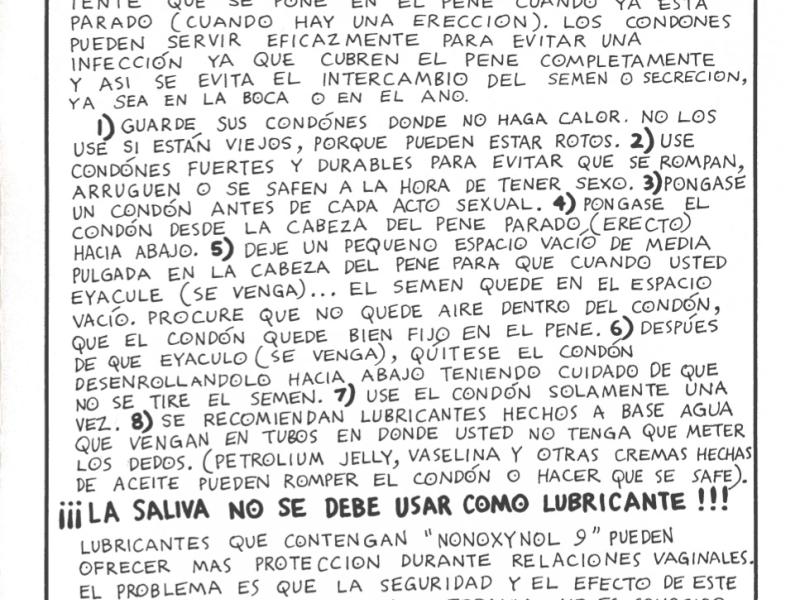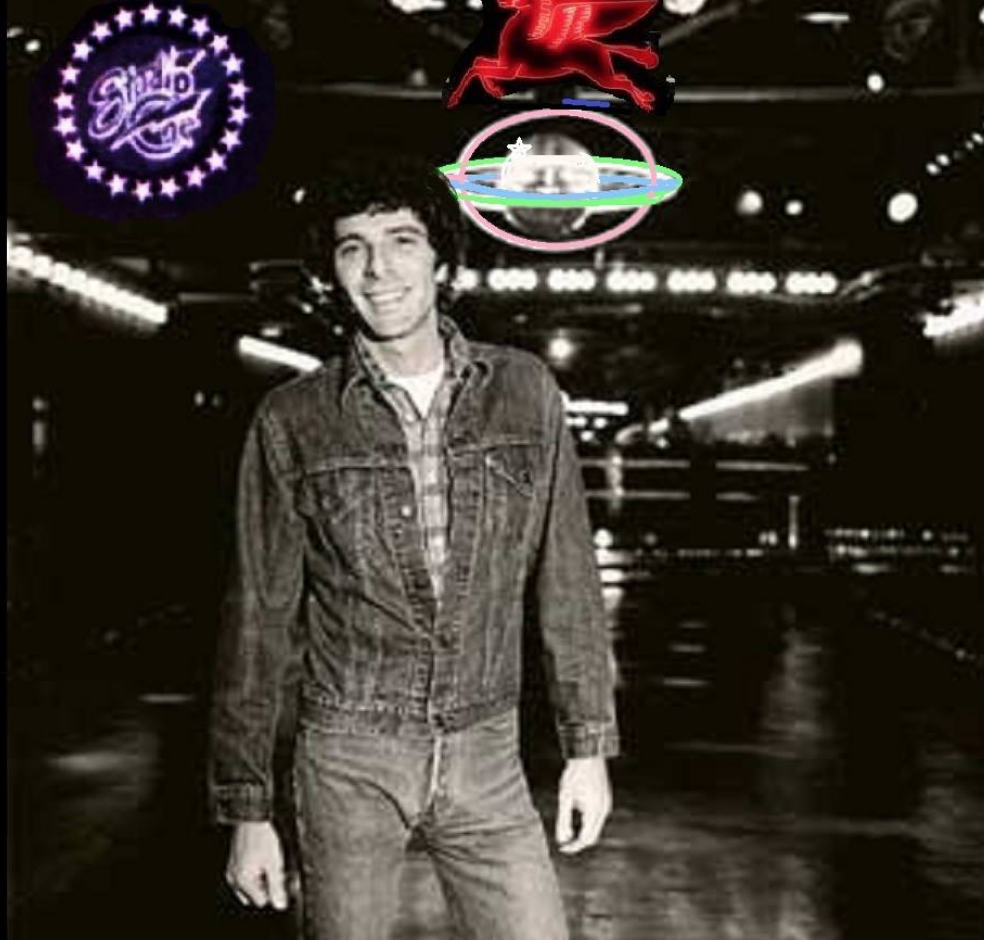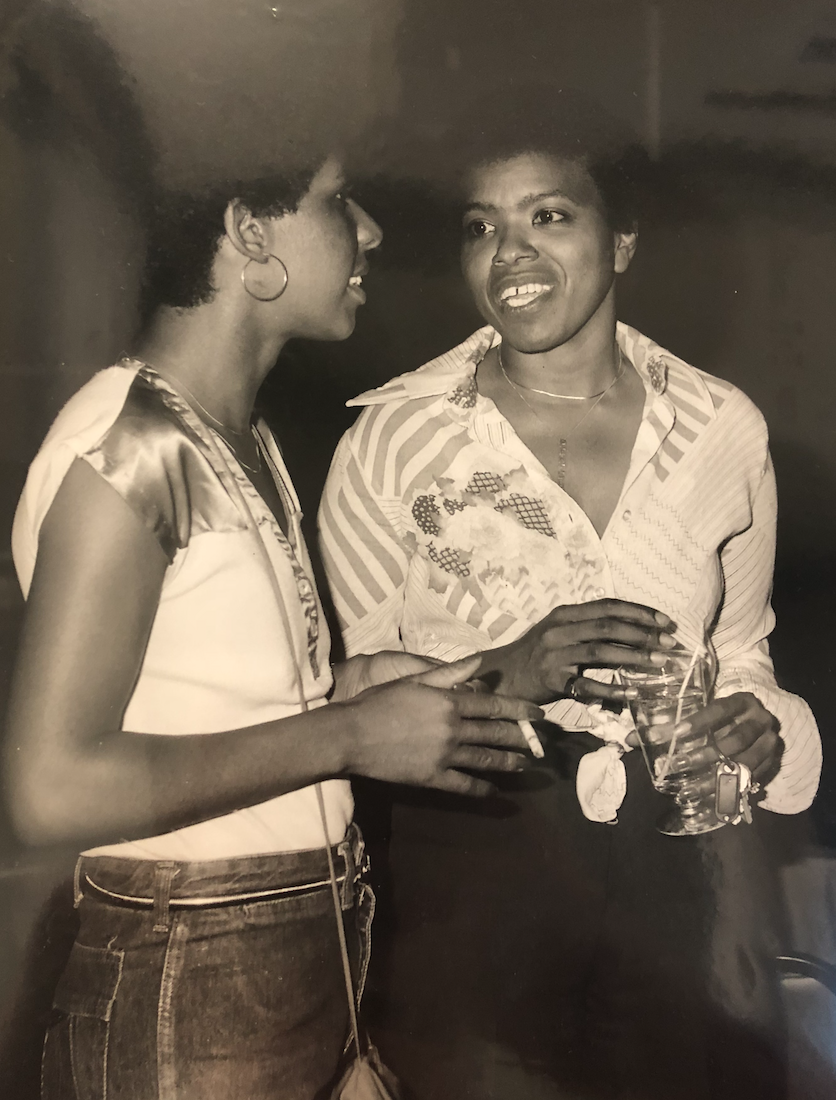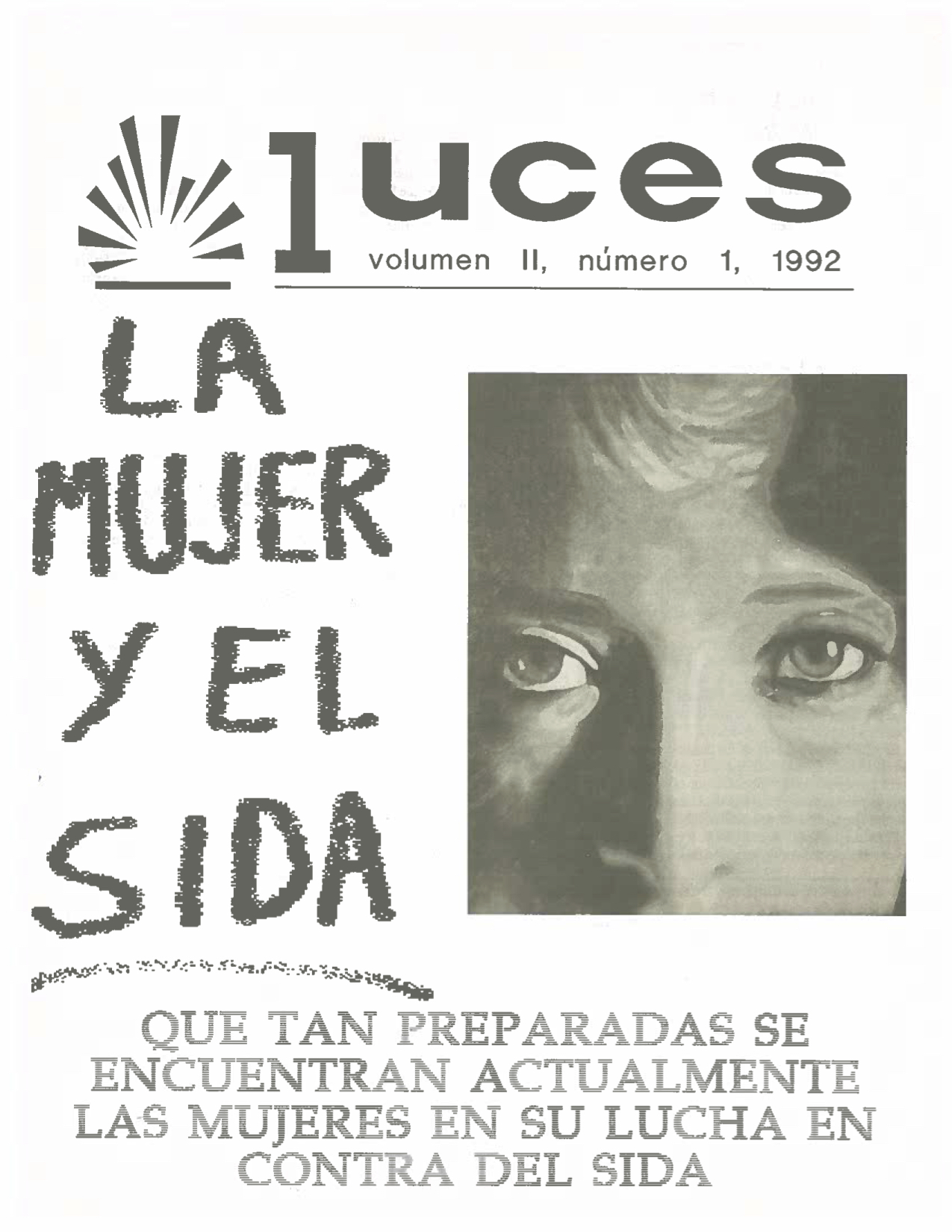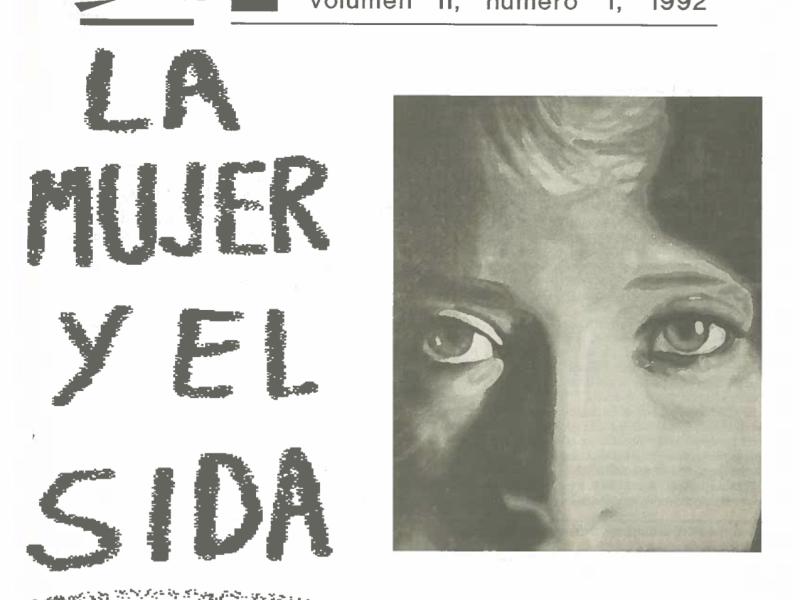One of Los Angeles’s most famous and longest-running discos, Circus Disco was a huge club with a focus on Latinx people. Located originally at 6648 Lexington Avenue in Hollywood, like many gay spaces, it was slightly outside of the heart of Los Angeles, but attracted thousands of gay men nonetheless. The club was owned by entrepreneur Gene La Pietra and proclaimed itself the “World’s Largest Disco.” Famous for its theme nights, celebrity guests, contests, special events, and philanthropic efforts, Circus Disco attracted men and women of many ethnicities, but maintained a loyal clientele of Latinx gay men. Circus Disco officially closed in 2015, a testament to its lasting influence on the Los Angeles gay scene.
One of the most important aspects of Circus was its primarily Latinx identity. It was Latinx-owned (Gene La Pietra) and put emphasis on its largely Latinx clientele. Outreach to the Latinx community was one of the ways in which it accomplished this. One such event was “A Latino Happening at Circus Disco” (ONE Archives, Subject Files). In addition to the name of the event, its flyer written almost entirely in Spanish. It also encouraged attendance with door prizes and deals. Free admission passes were given out on a regular basis (ONE Archives, Subject Files). Most higher-profile events were not free, but Circus demonstrated a commitment to making itself accessible, an acknowledgement of socioeconomic factors that might have affected its intended base. Collections of photographs from Circus taken by George Lear and Pat Rocco demonstrate the success of these efforts at maintaining its Latinx identity. Most of the men in these collections appear to be non-white or likely Latinx.
Themed events were also central in crafting Circus’s identity and fostering a sustainable business. Some of the events included “Boy’s Night Out,” which was a strictly men’s only night, Western/country night, dress-in-uniform night, pajama party, Latino Happening, and wrestling tournament/exhibition (ONE Archives, Subject Files). The first of these, “Boy’s Night Out,” was a clear effort at maintaining a loyal gay clientele, ensuring that they knew they were priority. Cowboy style was another fixture of disco culture, its appropriation a piece of the masculinity that was important to gay men during this time. The same goes for “men in uniform” night. This implies a knowledge of the clientele and a desire to captivate their “audience” with events and variations of disco.
The wrestling match and exhibition, which can be seen in the George Lear collection of photographs from Circus, seem to speak to the macho aspects of disco culture. They appear to have been an exercise in voyeurism that allowed patrons to engage with one of the pillars of traditional masculinity--brute strength. It also appears to be an event unique to Circus. For one thing, this set Circus apart. It also may have been informed by the establishment’s Latinx identity. Circus expertly branded itself and cultivated the interest of gay men, but it was also important to the gay community at large, evident in its philanthropic efforts.
Whether it was via benefit, fundraising night, or gala, Circus emphasized its role in the larger gay world of Los Angeles. While the disco itself was a space mostly for gay Latinx men, its philanthropy suggests a broader awareness and care for all gay people. A 1980 Benefit Party & Disco at Circus was sponsored by eleven lesbian and gay rights activist groups. Proceeds went to the American Civil Liberties Union Foundation Gay Rights Chapter, The Norton Sound 8, and Funds for Gay & Women’s Rights Litigation Staff Attorney Susan McGreivy, who aided in the defense of the eight women aboard the U.S.S. Norton accused of lesbianism (ONE Archives, Subject Files). Another party donated all proceeds to the International Gay and Lesbian Archives. They also threw a “Thank You Los Angeles” party for its “continuing support.” Admission was free, and the Los Angeles Gay Men’s Chorus as well as the Great American Yankee Freedom Band were featured. Another document outlines the creation of a $5,000 scholarship trust fund donated by the owners to LA City College to benefit young gay men and women (ONE Archives, Subject Files). Circus' clear message allowed its solid situation in the Los Angeles gay community.
The influence of this institution was obvious, attracting hundreds of people per night, celebrities as big as Jane Fonda, and also the attention of the police. Court documents from 1978 detail police harassment at Circus Disco that ended in a lawsuit against the Los Angeles Police Department, eventually settled privately between the owners of Circus Disco and the LAPD at the order of the Los Angeles City Council. Interestingly, arbitration ended with the conclusion that Circus Disco should be putting their efforts into their “horror” at Proposition 6 of 1978, the failed measure that aimed to ban gay men and lesbians from working in California’s public schools, rather than fighting with the police (ONE Archives, Subject Files). By this time, Circus Disco had situated itself as a powerful institution in Los Angeles with enough sway to get the LAPD to back off and win the favor of the Los Angeles City Council. This is an exceptional feat, especially considering Circus Disco’s identity as a largely Latinx club. Its memory is a testament to its value against the backdrop of white, heterosexist norms.
